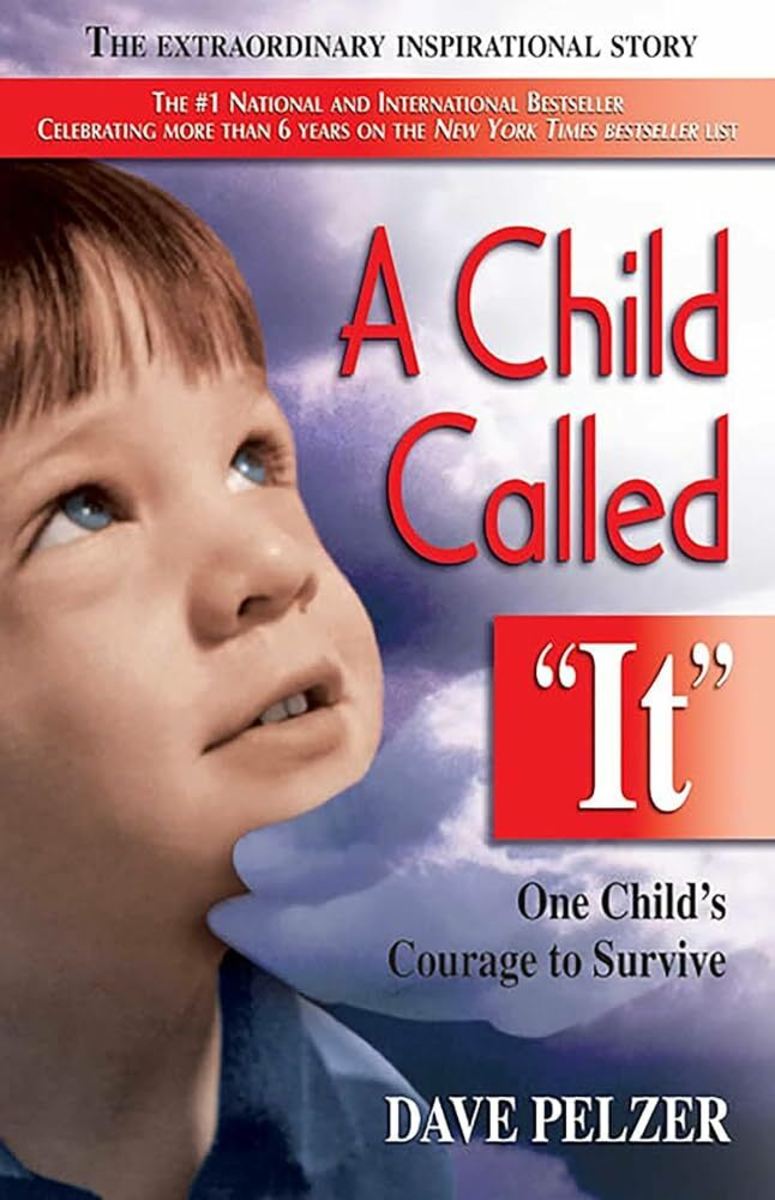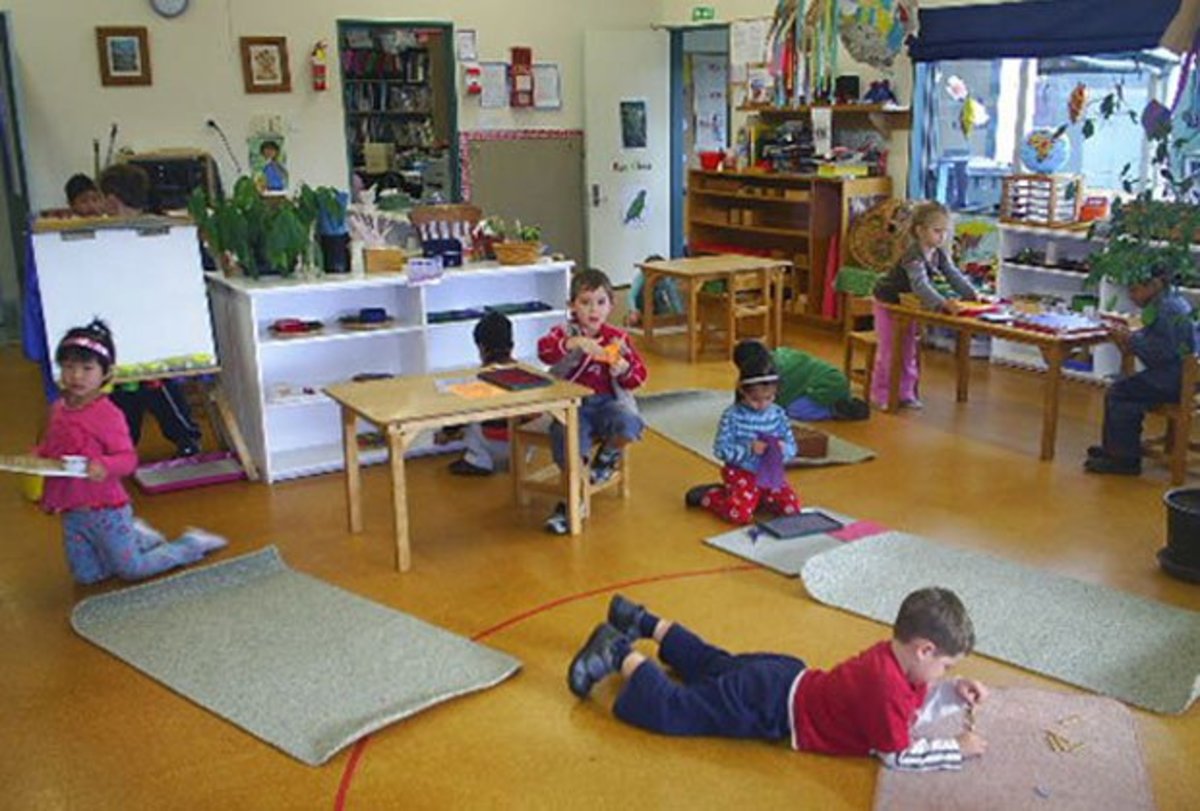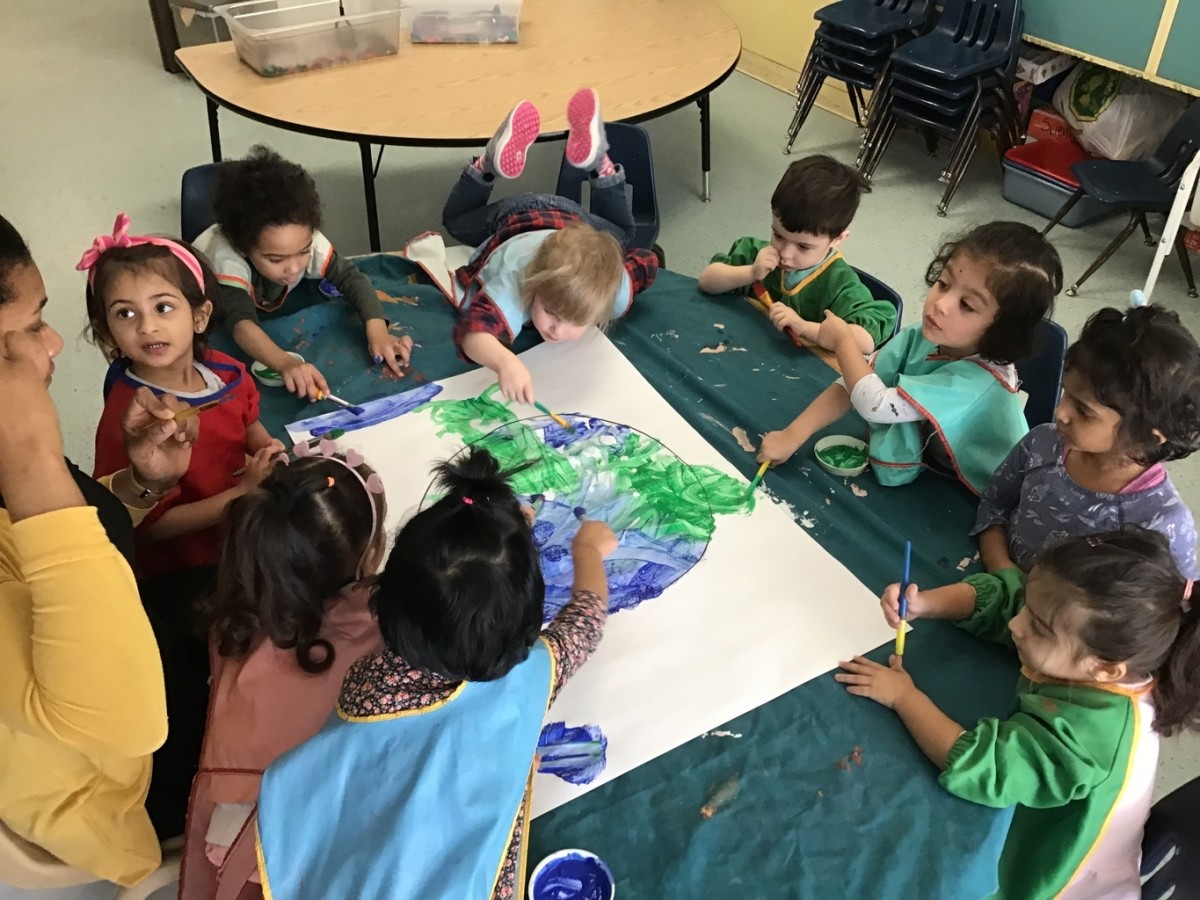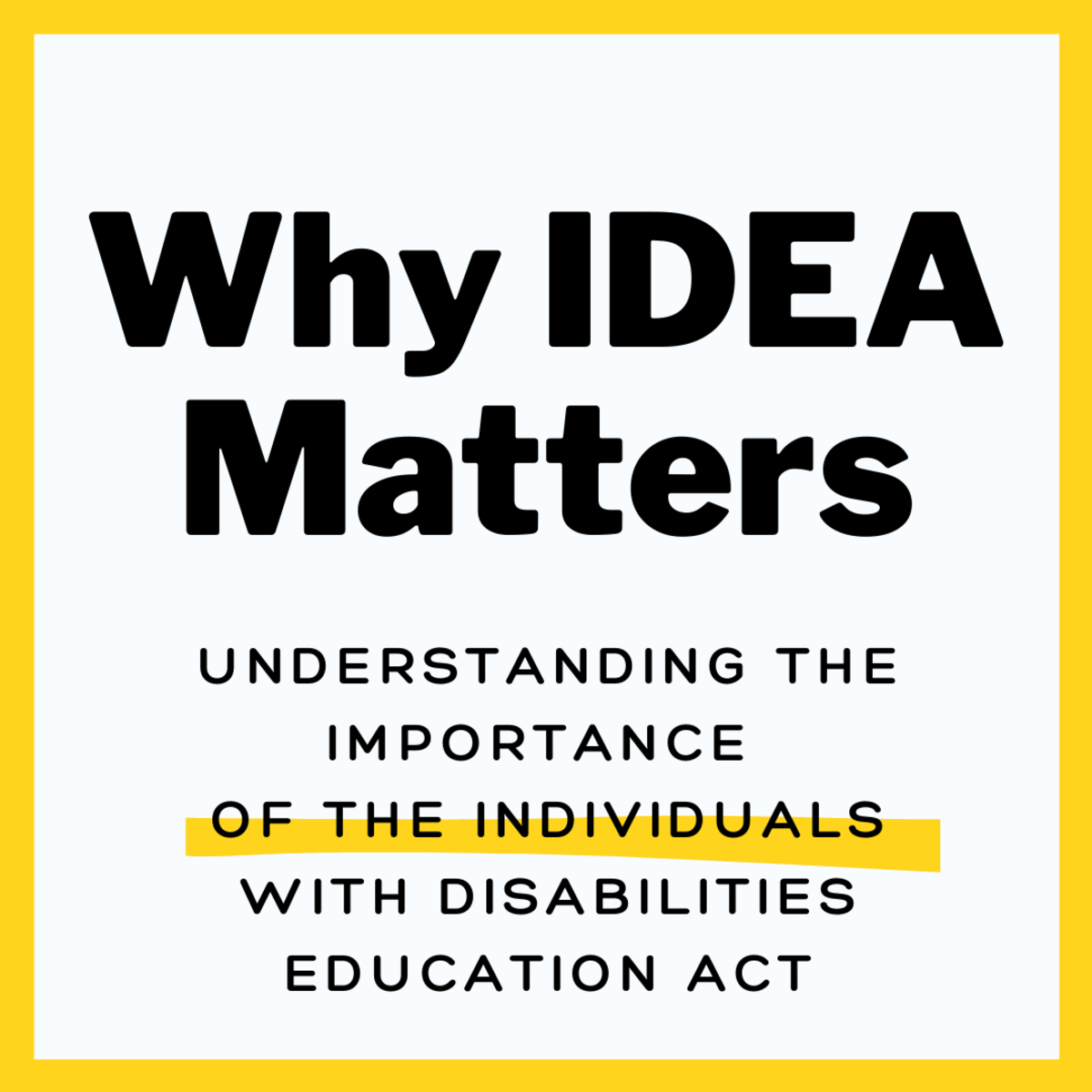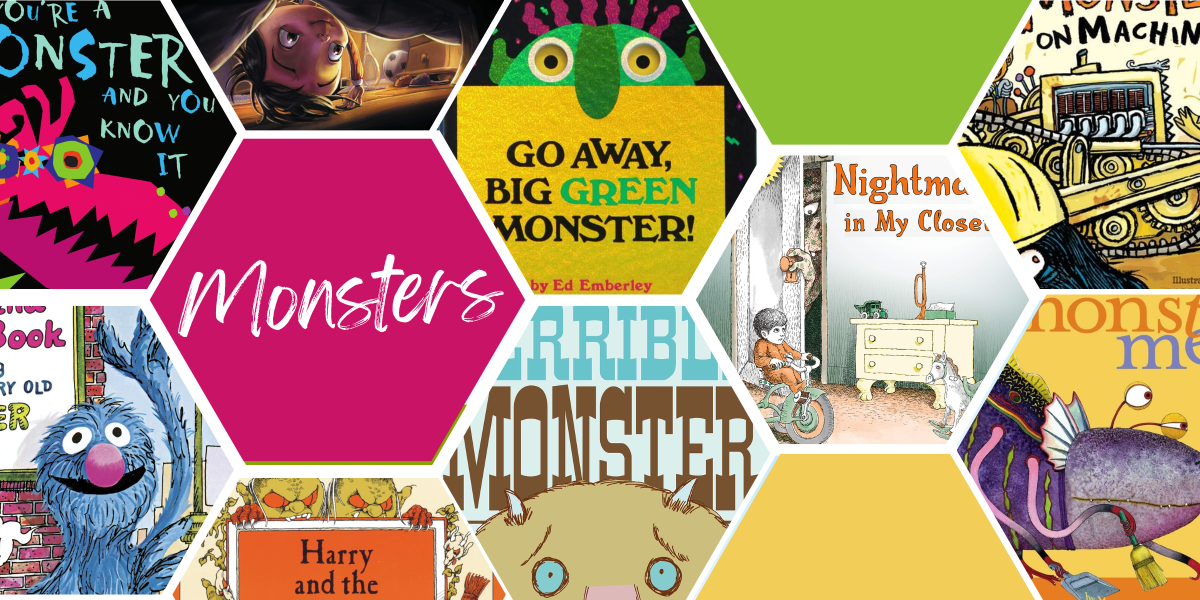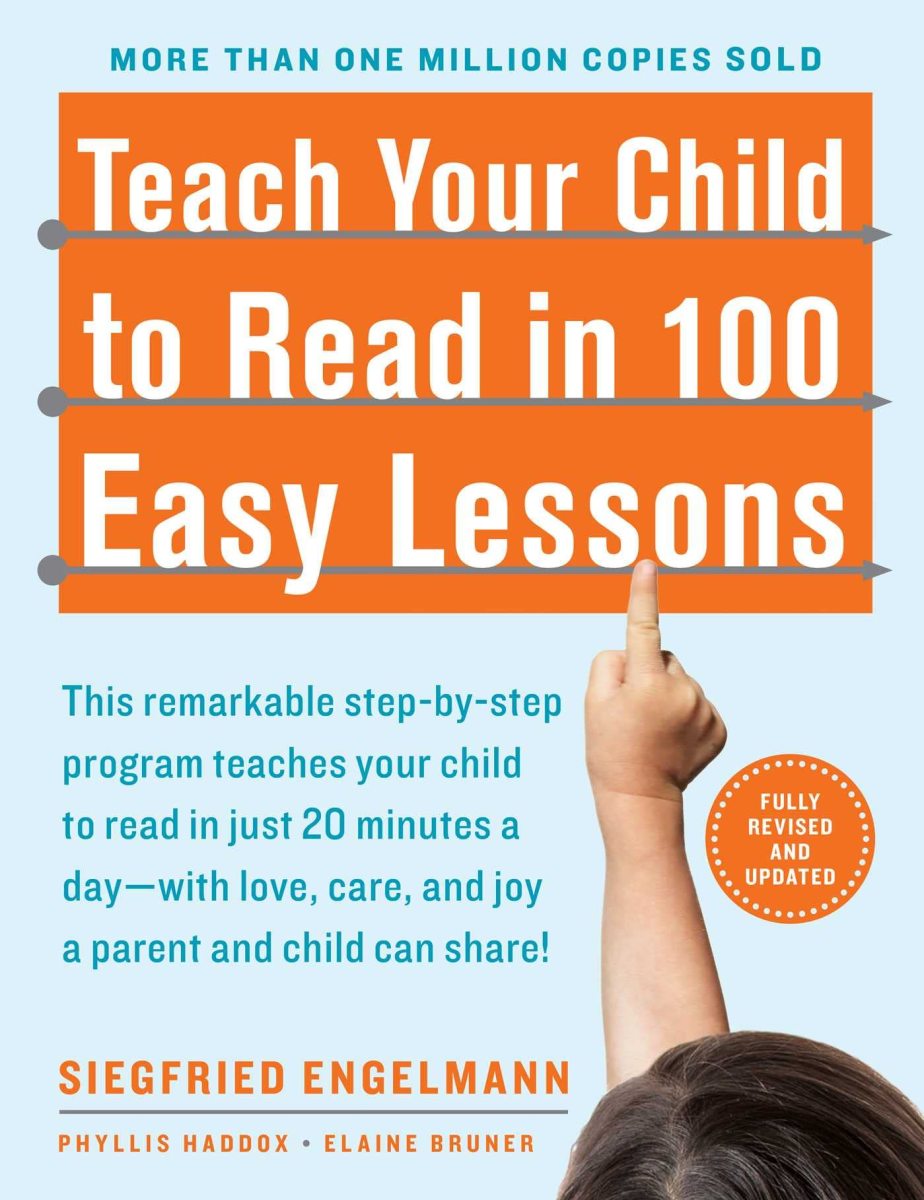- HubPages»
- Education and Science»
- Teaching»
- Lesson Plans
How to Help Child's Brain Development

Learning Starts Before Birth - 0-2 Years Old
The early years in a human being's life are a magical period of amazing development. Scientific research reveals that babies learn many things including their native language before birth. Hearing develops as early as sixteen weeks of gestation. A mother's voice reaches the uterus with very little distortion as the sound waves pass directly through her body. Acoustic spectroscopy, which makes possible elaborately detailed portraits of sound similar to fingerprints, has documented prenatal learning of the mother tongue. Studies of a thousand babies whose mothers had experienced various degrees of depression during pregnancy themselves displayed depression at birth and in proportion to the depression scores of their mothers.
Maria Montessori in her book, The Absorbent Mind, says that the amount a child learns in the first two years of life would take an adult sixty years to learn. The early years are truly magical. These skills cannot be taught from the outside. A child learns to turn over, move forward, crawl on all fours and then to stand up all by himself/herself. Language is absorbed from the environment rather than it being taught by adults as is done for adults.
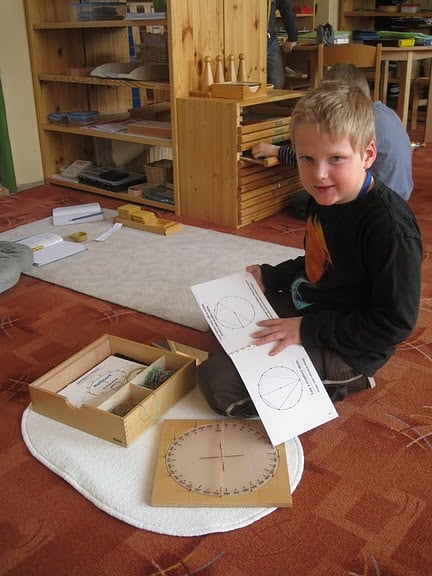
Did you know that babies begin learning things as early as sixteen weeks of gestation?
Child's Brain Development from Age 3
It has been found that by the time a child reaches the age of three, the brain is twice as active as that of an adult. The activity levels drop during adolescence. Hence, early experiences have a decisive impact on the architecture of the brain and on the nature and extent of adult capacities. The importance of early childhood education cannot be underestimated.
There are two important points to be remembered in the development of the frontal lobes of the brain in a child:
The frontal lobes undergo their main growth spurt between the ages of 2-6 years of age. They will surge again after 20 years of age. Only the linkages of other brain regions to these powerful lobes will bring about cognitive changes in the meantime.
The frontal lobes thrive on rhythm and are invited to become the brain's 'executive headquarters' only in those children who have established a sense of rhythm, grace and 'motor flow'.
The frontal lobes are responsible for a host of amazing skills that allow a child to work with:
- patterns and designs
- handle complex situations and help tap into a higher order of thinking skills
- plan ahead
- think about consequences of his actions
- develop the use of 'inner speech'
- control impulses
- have empathy for others
- be alert and sustain concentration
- develop a sense of initiative
- work cooperatively in groups
- handle confusion and chaos without panicking.
Brain development is non-linear: there are prime times for acquiring different kinds of knowledge and skills. Young children are usually, instinctively drawn to what they need next in their development. Hence, adults have to pay attention and provide the opportunities for learning and developing new abilities.
Montessori for Early Childhood Years
Early Childhood Curriculum
Parents, teachers and others who are involved in working with children soon realize that there is very little that they can each them. The adult's duty is to provide interesting opportunities and ensure the safety of the child. Early childhood education often focuses on children learning through play. According to the UNESCO ECCE (Early Childhood Care and Education) Unit, early childhood is defined as the period from birth to 8 years of age.
However, early childhood education is considered to be from the ages of 0-5 years after which children join regular schooling starting from the first standard. With both parents having to go to work children are being sent to daycare centres and other early childhood organizations. The increased awareness about the importance of proper nurturing in the initial years has led many governments to develop an early childhood curriculum for these centres to implement.
Maria Montessori was a pioneer in this field and her example has been followed for the last few decades to a certain extent. She emphasized nurturing and educating a child by understanding its inner nature and providing it with the right learning environment. She recognized the natural curiosity, sustained concentration, sense of order and the need for a calm environment inherent in the child. Montessori schools provide these conditions for the development of the child.

The Child in Daily Life
The child of today spends a great deal of time in a daycare or kindergarten, and a brief time at home. The input it receives in these two environments determines how its brain is going to be wired. The education of a child continues in the home as well. Children like to participate in real life duties such as cooking, cleaning and gardening. Adults discourage a child from contributing to the daily duties whether in the kindergarten or at home because they think a child is too small to be of use. However, it has been found that participating in such activities actually helps to develop the brain in addition to learning through make-believe or dramatic play. Both together allow the child to relate to its life as well as to its 'inner speech' which helps it resolve issues in its life. Human interaction and building relationships with others has to be nurtured from the very beginning.
Media Overload Bad for Children Health
Television Viewing Hampers Brain Development
Parents allow children to watch television while they are busy with other duties. This actually hampers brain development. The American Academy of Pediatrics (AAP) has recommended that children younger than two years of age not be exposed to television. Many more young children are currently watching television than in the recent past. Background television sound is also a disruptive influence. It has been found television viewing lowers the IQ in children. It also hampers the development of creative imagination since all the visual information is provided with no room for the child's imagination.
Nurturing a Magical Childhood
The magical period of early childhood has to nurtured by giving the child the chance to explore the order, harmony and music of nature. Children are very close to nature and will absorb her qualities just by being in her presence. Children also learn by observing the adults in their life. Hence it is important for adults to strive for those qualities that nourish the body, the heart and the mind.
The body needs:
- to experience rhythm
- predictability
- calm and controlled movement.
The heart needs:
- humour
- playfulness
- stories
- a chance to hear about and express moderate feelings
- to be part of a caring group
- to learn without competition
- to know there is enough to go around.
The mind needs:
- a chance to work at its best tempo
- to discover how to think for itself
- to plan ahead and listen
- to speak and to be heard.
The responsibility lies in the hands of the parents, teachers and caregivers on how a child makes a start in his/her life. This will in turn determine the quality of future generations, our country and the planet at large. Our inter-connectedness at all levels cannot be underestimated. However, we can begin with one child at a time by giving it the best possible start in life.
Links for Widening Your Perspective
- Ken Robinson says schools kill creativity | Video on TED.com
TED Talks Sir Ken Robinson makes an entertaining and profoundly moving case for creating an education system that nurtures (rather than undermines) creativity. - Sir Ken Robinson: Bring on the learning revolution! | Video on TED.com
TED Talks In this poignant, funny follow-up to his fabled 2006 talk, Sir Ken Robinson makes the case for a radical shift from standardized schools to personalized learning -- creating conditions where kids' natural talents can flourish.
This article of mine was first published in Wake Up India -- Journal of the New Life for India Movement, Vol. XXXVI No. 1, Jan.-Mar. 2011. According to the publishers: 'Any material which appears in Wake Up India may be reproduced freely without any changes.' I have added subheadings and bullet points to make it easy to read online.
I thought it would be good to publish it online as well since it is a subject close to my heart.

